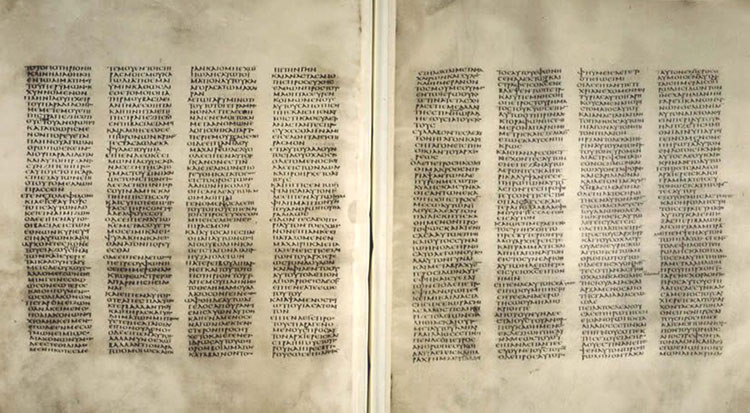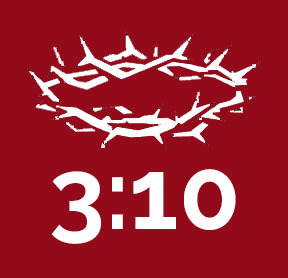The Reliability Of The Accounts

St Luke's Gospel, 'Codex Sinaiticus', c.350 British Library Add.
MS 43725, ff.244v-245 © copyright The British Library Board
The Codex Sinaiticus is one of two of the earliest existing complete Christian Bibles in existence and dates from approximately 359AD
Arguments about Jesus' death and resurrection centre around three main issues:
• THE NATURE, RELIABILITY & CREDIBILITY of the evidence
• POSSIBLE ALTERNATIVE EXPLANATIONS for the disappearance of Jesus' body from the tomb
• THE NATURALIST vs SUPERNATURALIST WORLDVIEWS underlying the different explanations
The Nature, Reliability & Credibility of the Written Evidence
• Most of the information about the crucifixion and resurrection comes from Christian sources in the form of (a) The Four Gospels (Matthew, Mark, Luke and John) & The Acts of the Apostles, and (b) The Letters of Paul, Peter and John.
The criterion for their inclusion in the canon was that they were written by individuals, who had been apostles and eyewitnesses of the events they were reporting, but it also lays them open to the charge of bias, since the writers were writing what some might call religious propaganda.
Paul's letters were written in the thirty years between Jesus' death and Paul's execution in 60-62 AD, so erroneous statements could be refuted by eyewitnesses and other contemporaries. Scholars generally believe that John's gospel and letters are later, dating from the end of the first or beginning of the second century AD.
• The non-Christian sources are secondary rather than primary, including Roman writers such as Pliny, Suetonius and Tacitus; Josephus, who wrote a history of the Jewish Wars against the Romans; and comments in the Qur'an on events in the Bible, which provide comments on the events of Christ's reported death and resurrection, or repeat second- or third-hand accounts of the events themselves.
Information also comes from extra-Biblical writings, such as the Gospels of Peter and Thomas and the Dead Sea scrolls from the Essene community at Qumran, as well as the writings of anti-Christian critics and Christian apologists' attempts to refute their criticisms. These all support the overall reliability of the New Testament writings.
Did Jesus Actually Live?
For more on whether Jesus actually lived, read John Dickson IS JESUS HISTORY?




